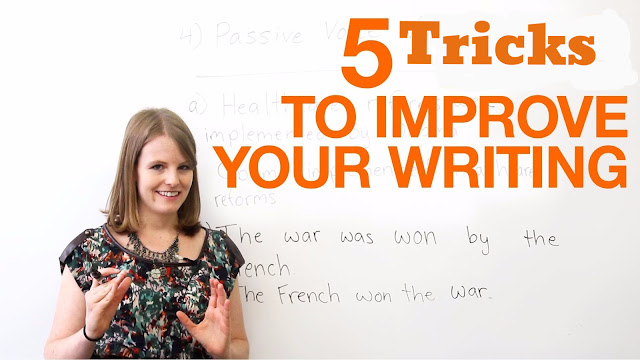Whether you want to be the next big novelist or wish to write an essay that will awe your teacher into respectful silence or whether you are learning to express yourself with any degree of ease, there are a certain number of ‘tricks’ that will allow you to express yourself more easily and without any obstacles, especially when it comes to writing the kind of academic work that could really get you good grades. Just some of the most important of these include:
Start by knowing your target audience on a deeper level. This does not refer to the age or the demographics of your teacher or professors. Rather understanding just what they are looking for. In a literature essay about Tennyson for instance, your teacher is probably looking for the kind of understanding that you have of the poet and his work.
Here, the actual requirements set by the teacher for the entire project will also be of great help. Always remember, an engaging writer is one who keeps the target audience in mind when they write the content and writes from the reader's perspective.
Apart from writing from the reader’s perspective there is a lot more to great writing than stringing together the words in a sentence. This includes not allowing your readers to get distracted by bad grammar, poor punctuation and spelling mistakes. In this case, one of the most obvious mistakes that most students end up making is writing more often in passive rather than active voice. Writing, for example writing that ‘Adam was bit by the dog’ (passive voice) instead of writing that ‘The dog bit Adam’ (active voice) can confuse readers and break the flow of the writing.
Having a lot of clichés, repetitive long sentences, or difficult vocabulary can again distract both the writer and reader while also reducing the effect and tone of the writing. Good writing is always clear, direct and original. The focus of the writer should be on using the correct words that cut straight to the chase instead of filling up the page with long phrases that are lost on the reader.
Try not to use the same words or sentences or using clichéd ideas which the reader has probably read a dozen times already. This could keep the reader engrossed rather than have them zone out.
One of the problems that most writers struggle with is finding the inspiration to write. They like to hold on to the false notions that the right idea would hit them at the right time when they’re sitting down to write. Wrong concept. Few good ideas visit when you want them to and that is the time you really have to work at planning out a good piece of writing.
- Engaging and interacting with the target audience
Being engaging and interactive helps retain the reader's interest and focus which is the top priority for any writer. There are a lot of tricks to keep the focus of the reader hooked instead of making your writing so tedious that your audience gets tired out midway or simply so bored with the text that they stop reading.
- Understanding the audience
Start by knowing your target audience on a deeper level. This does not refer to the age or the demographics of your teacher or professors. Rather understanding just what they are looking for. In a literature essay about Tennyson for instance, your teacher is probably looking for the kind of understanding that you have of the poet and his work.
- Make sure you keep an eye of grammar!
Apart from writing from the reader’s perspective there is a lot more to great writing than stringing together the words in a sentence. This includes not allowing your readers to get distracted by bad grammar, poor punctuation and spelling mistakes. In this case, one of the most obvious mistakes that most students end up making is writing more often in passive rather than active voice. Writing, for example writing that ‘Adam was bit by the dog’ (passive voice) instead of writing that ‘The dog bit Adam’ (active voice) can confuse readers and break the flow of the writing.
- Avoiding clichés is a great idea!
Having a lot of clichés, repetitive long sentences, or difficult vocabulary can again distract both the writer and reader while also reducing the effect and tone of the writing. Good writing is always clear, direct and original. The focus of the writer should be on using the correct words that cut straight to the chase instead of filling up the page with long phrases that are lost on the reader.Try not to use the same words or sentences or using clichéd ideas which the reader has probably read a dozen times already. This could keep the reader engrossed rather than have them zone out.
- Don’t procrastinate, just write
One of the problems that most writers struggle with is finding the inspiration to write. They like to hold on to the false notions that the right idea would hit them at the right time when they’re sitting down to write. Wrong concept. Few good ideas visit when you want them to and that is the time you really have to work at planning out a good piece of writing.
Most of the time great ideas strike the minds when you’re occupied. Instead of writing it down though, most people usually leave it for later claiming that they will remember and use the idea later. Instead of procrastinating though, always make sure that you write down whatever great idea comes to your mind without any delay. Finally, if you still feel good writing is something you need to work on later, why not contact for law essay help?



No comments: